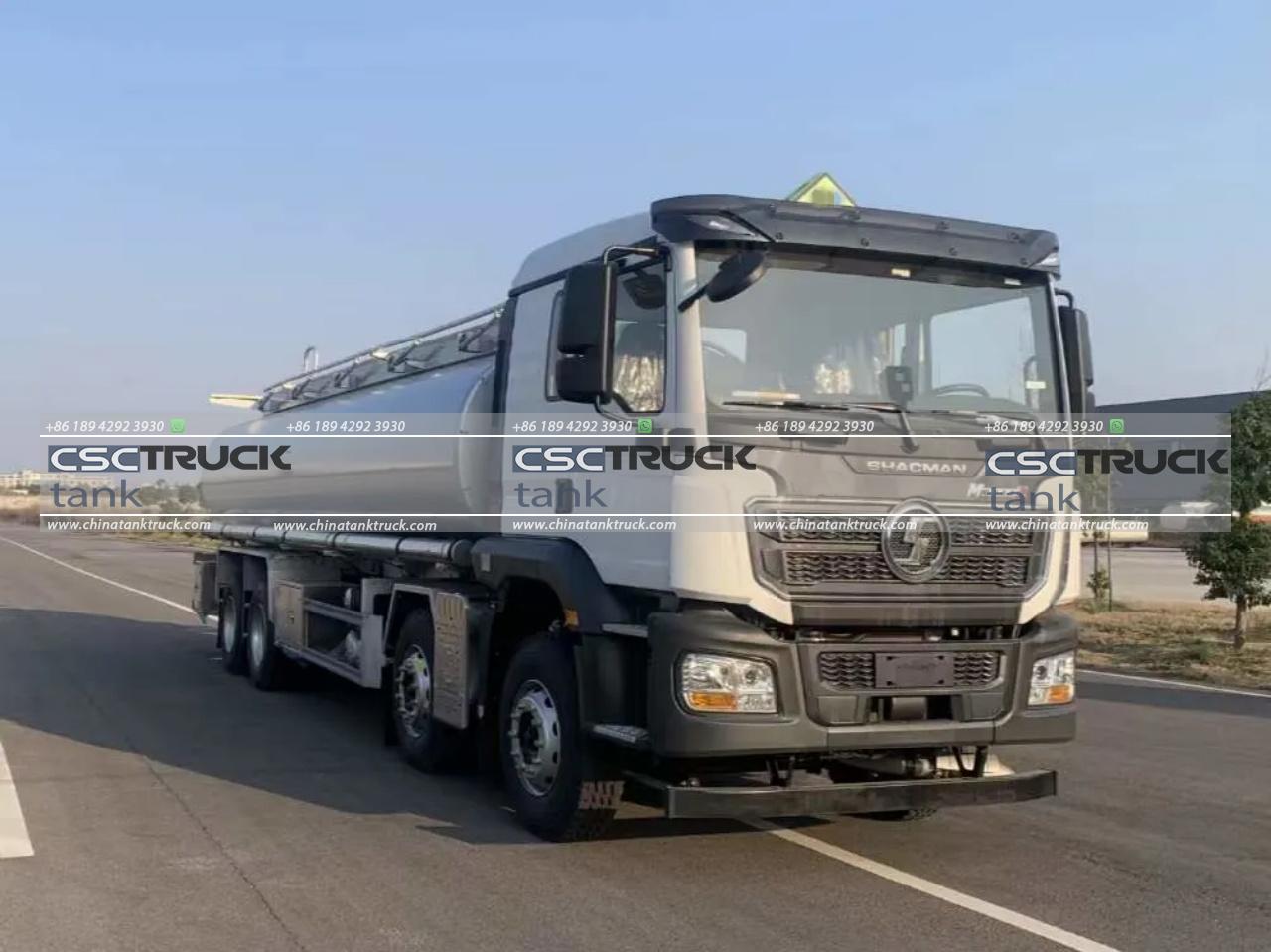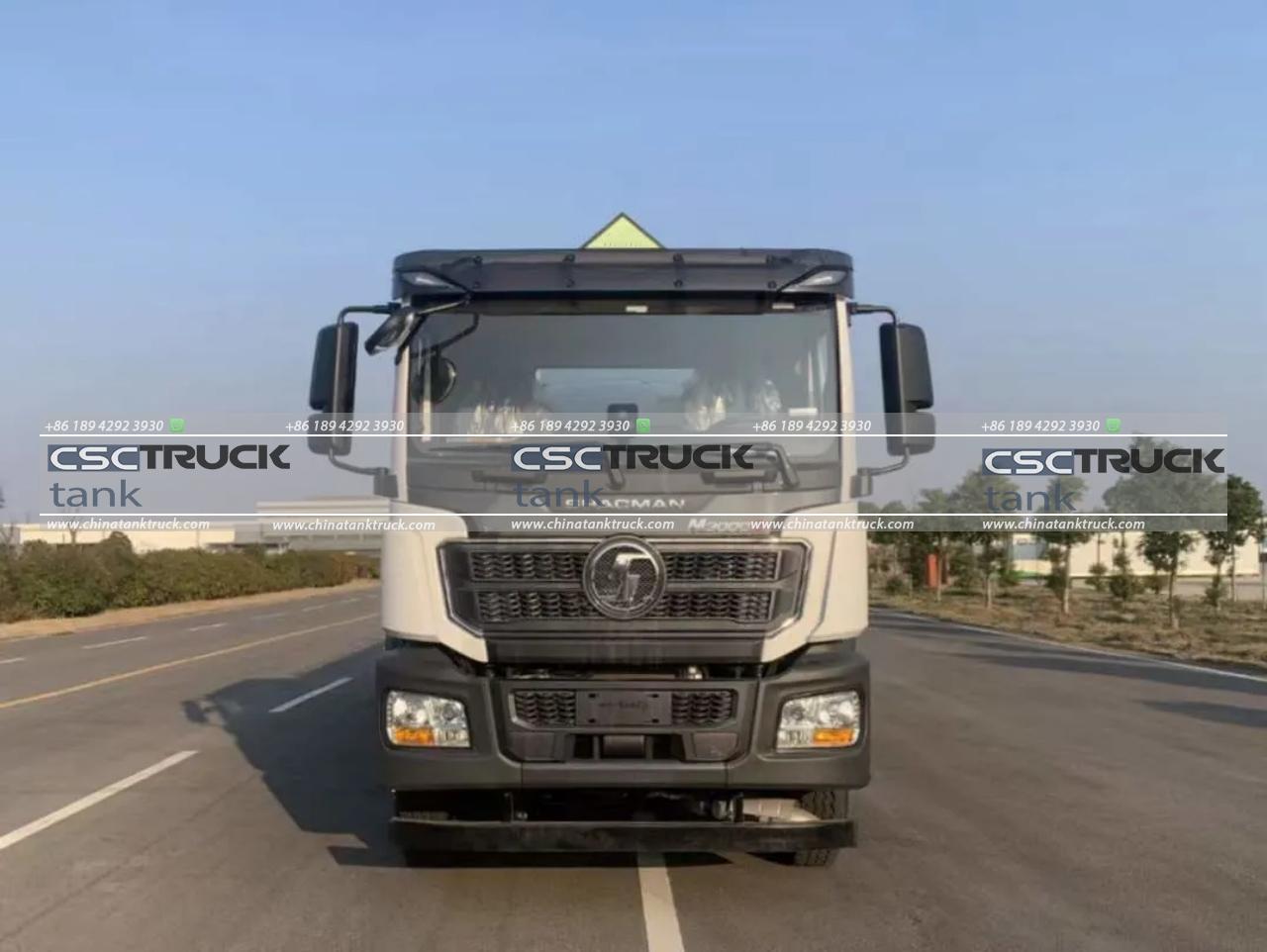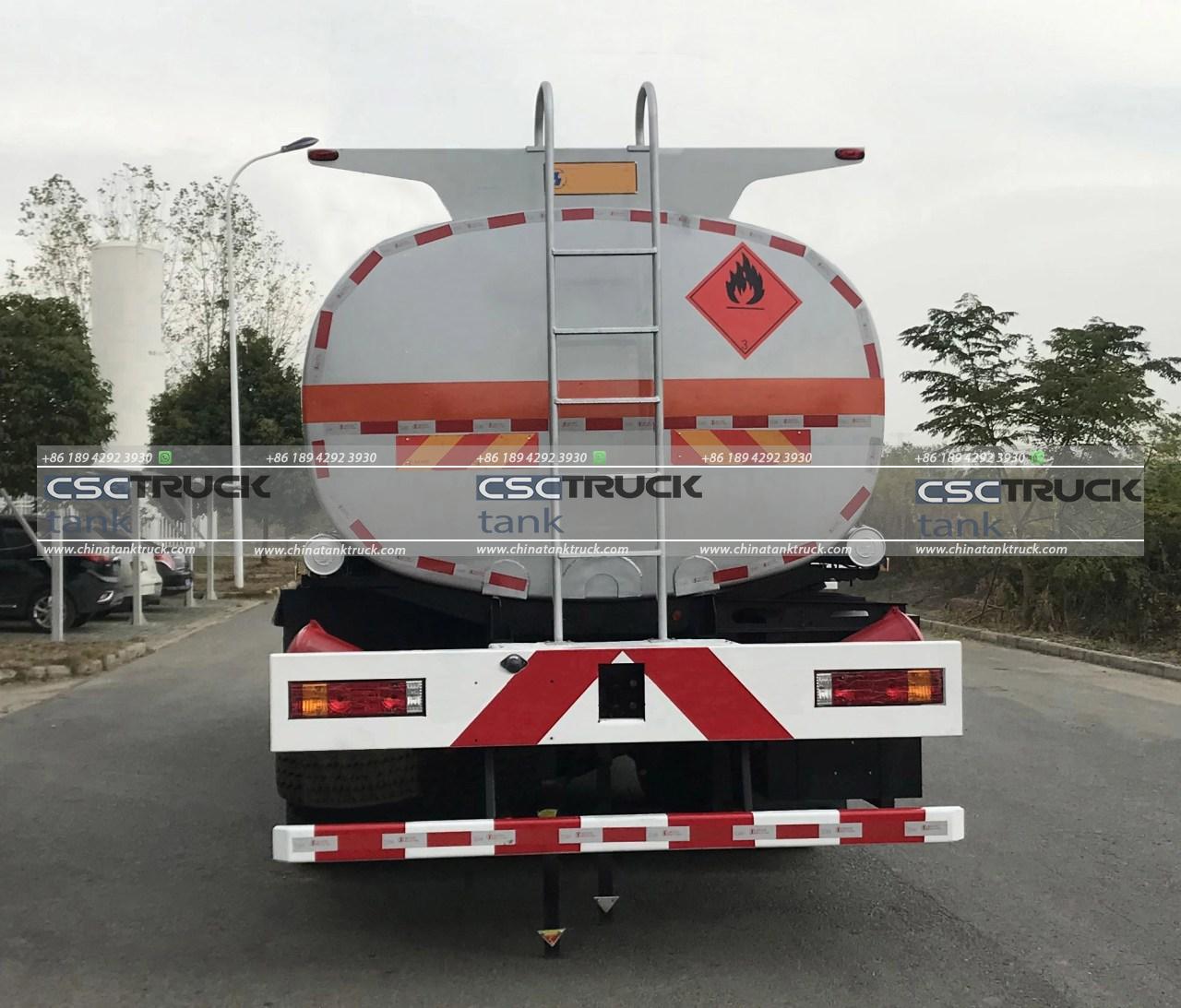What is a Standard Fuel Tank?
In the world of transportation and machinery, a standard fuel tank plays a critical role in the efficient operation of vehicles and engines. Whether it’s for cars, trucks, motorcycles, or industrial machinery, the concept of a standard fuel tank is crucial to understand for anyone involved in these industries. This article delves into the definition, types, and importance of standard fuel tanks, shedding light on how they function and their impact on performance and safety.
Definition and Purpose
A standard fuel tank is a container designed to store fuel in a vehicle or machine. It is engineered to hold a specific volume of fuel, ensuring that the engine or machinery has a consistent and reliable supply of power. The tank’s primary purpose is to keep the fuel safely stored, prevent contamination, and ensure that it is efficiently delivered to the engine when needed.
Fuel tanks are typically made from materials such as steel, aluminum, or high-density polyethylene (HDPE), chosen for their durability and resistance to various environmental conditions. The design of a fuel tank must accommodate the physical properties of the fuel it holds, including its density, temperature fluctuations, and potential for vaporization.

Types of Standard Fuel Tanks
Fuel tanks come in various shapes and sizes depending on the type of vehicle or machine they are designed for. Here are some common types of standard fuel tanks:
1. Internal Combustion Engine Tanks: These are found in cars, motorcycles, and trucks. They are usually located at the rear of the vehicle and are designed to fit within the vehicle’s structural constraints. Internal combustion engine tanks typically have capacities ranging from 10 to 50 gallons, depending on the vehicle type.
2. Diesel Fuel Tanks: Diesel engines, commonly used in trucks and industrial machinery, require larger fuel tanks due to the higher fuel consumption rates. These tanks are often made from thicker materials to handle the corrosive nature of diesel fuel.
3. Aviation Fuel Tanks: Aircraft fuel tanks are designed to withstand extreme conditions at high altitudes. They are usually located within the wings or fuselage of the aircraft and are designed to handle various fuel types, including avgas (aviation gasoline) and jet fuel.
4. Marine Fuel Tanks: Boats and ships have fuel tanks designed to cope with the marine environment. These tanks must resist corrosion from saltwater and provide safe storage for fuels like gasoline or diesel.
5. Portable Fuel Tanks: Used for small engines and equipment, these tanks are often made of plastic and are designed for ease of transport. They are used for applications like lawnmowers, generators, and other equipment.
Design and Engineering
The design of a standard fuel tank involves various engineering considerations to ensure safety, efficiency, and longevity. Some key aspects include:
1. Material Selection: The choice of material for a fuel tank is crucial for its durability and safety. Metals like steel and aluminum are common in automotive applications due to their strength and resistance to damage. For portable tanks, plastics such as HDPE offer lightweight and corrosion-resistant properties.
2. Shape and Size: The shape of a fuel tank is influenced by the vehicle’s design. For instance, a car’s fuel tank is typically rectangular to maximize space efficiency, while an aircraft’s tank may be shaped to fit within the wing structure. The size of the tank is determined based on the range or operating time required for the vehicle or machinery.
3. Safety Features: Fuel tanks are equipped with various safety features to prevent leaks and explosions. These include venting systems to manage fuel vapor pressure, anti-slosh baffles to reduce fuel movement, and fuel pumps that ensure a steady fuel supply to the engine.
4. Fuel Delivery System: The fuel tank is connected to the engine via a fuel delivery system that includes a fuel pump, filter, and fuel lines. This system ensures that fuel is delivered in the right quantity and at the right pressure for optimal engine performance.

Importance and Impact
The standard fuel tank is more than just a storage container; it significantly impacts vehicle performance, safety, and environmental considerations. Here’s a closer look at its importance:
1. Performance: The capacity and efficiency of a fuel tank directly affect a vehicle’s range and operational time. A well-designed tank ensures that the engine receives a steady fuel supply, contributing to smooth and reliable performance.
2. Safety: Fuel tanks are designed with safety as a top priority. They are engineered to withstand impacts and resist leaks, reducing the risk of fire and explosion. Proper maintenance and inspection of the fuel tank are essential to ensure continued safety.
3. Environmental Impact: Fuel tanks also play a role in environmental protection. Modern tanks are designed to minimize fuel vapor emissions, which helps reduce air pollution. Additionally, advancements in tank design have led to more efficient use of fuel, contributing to lower overall emissions from vehicles.
4. Maintenance: Regular maintenance of the fuel tank and its components is vital for optimal performance. This includes checking for leaks, ensuring that the fuel pump and filter are functioning correctly, and monitoring the tank for signs of corrosion or damage.

Conclusion
In summary, a standard fuel tank is a fundamental component of any vehicle or machinery that relies on liquid fuel. Its design, material, and engineering are tailored to ensure safety, efficiency, and performance. Understanding the role and significance of fuel tanks helps in appreciating their contribution to the reliable operation of various types of transportation and machinery. Whether you’re a vehicle owner, mechanic, or simply interested in the mechanics of how things work, recognizing the importance of a well-designed fuel tank is essential for maintaining safe and efficient operation.

